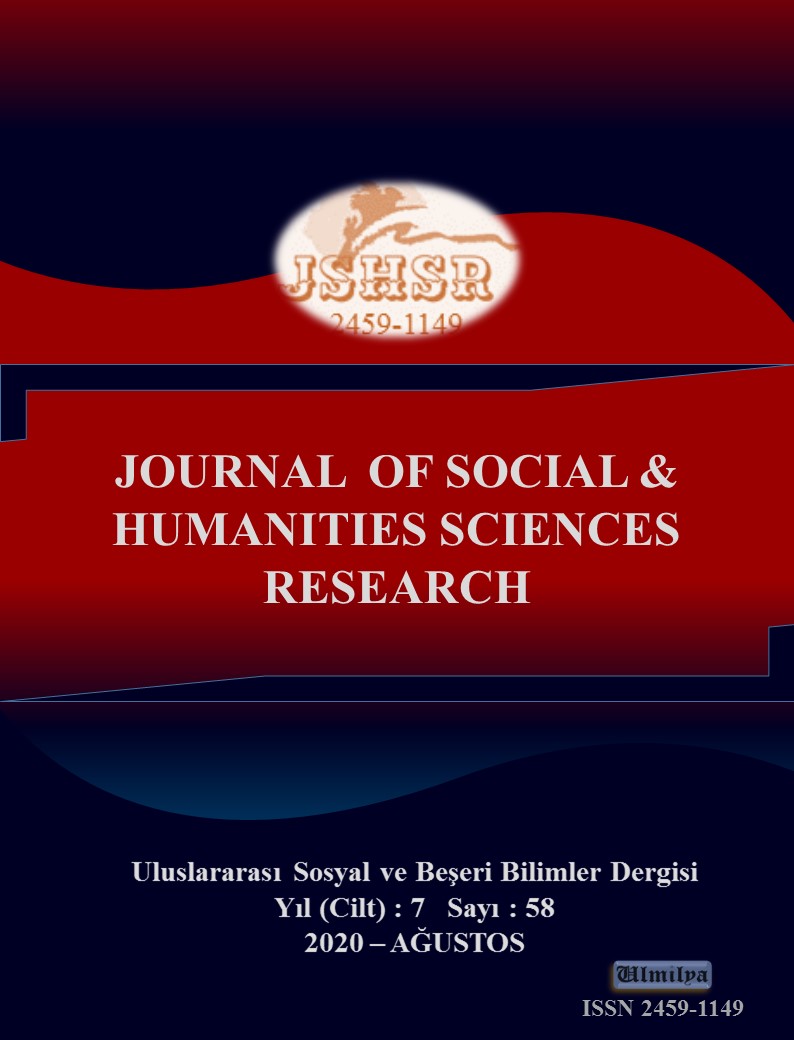EXAMPLE OF EDUCATIONAL ROMAN: "ZULEIKHA OPENS HER EYES" FROM GUZEL YAKHINA
DOI:
https://doi.org/10.26450/jshsr.2001Keywords:
Contemporary Russian literature, Guzel Yakhina, educational novel, ZuleikhaAbstract
One of the young and little-known female writers of contemporary Russian literature, Guzel Yakhina was born in Kazan, Russia in 1977. Her novel “Zuleikha Opens Her Eyes” (Зулейха Открывает Глаза) was published in 2015. This first novel of Yakhina received prestigious literary awards such as "Book of the Year" (Книга года), "Yasnaya Polyana"(Ясная поляна) and "Big Book"(Большая книга). At the same time, with his novel, the writer was able to reach the finals in the "Russkiy Buker"(Русский Букер) and "New Art" (Новая словесность) awards, the first special award to be given in Russia after the October 1917 Revolution. The term educational novel, XIX. It started to be used in literary theory in the twentieth century. Educational novels generally focus on the main protagonist's process of having certain spiritual values. Thus, it is seen that both the focused hero and the readers are trained.
In the type of educational novel, some of the problems created by the political and social events experienced in the historical process of individuals are discussed. In our study, the work of Guzel Yakhina called " Zuleikha Opens Her Eyes" as an example of an educational novel will be analyzed in the axis of the history of Soviet literature. In this context, the phenomenon of collectivization that emerged in the 1930s, Stalin's repressive regime, Gulag camps and the Second World War will be reread through the life struggle of the novel's main hero Zuleikha. Thus, from the perspective of Yakhina, it is aimed to make evaluations about the personal development process of a Tatar peasant woman.
Downloads
Published
How to Cite
Issue
Section
License
Copyright (c) 2020 INTERNATIONAL JOURNAL OF SOCIAL HUMANITIES SCIENCES RESEARCH

This work is licensed under a Creative Commons Attribution 4.0 International License.


